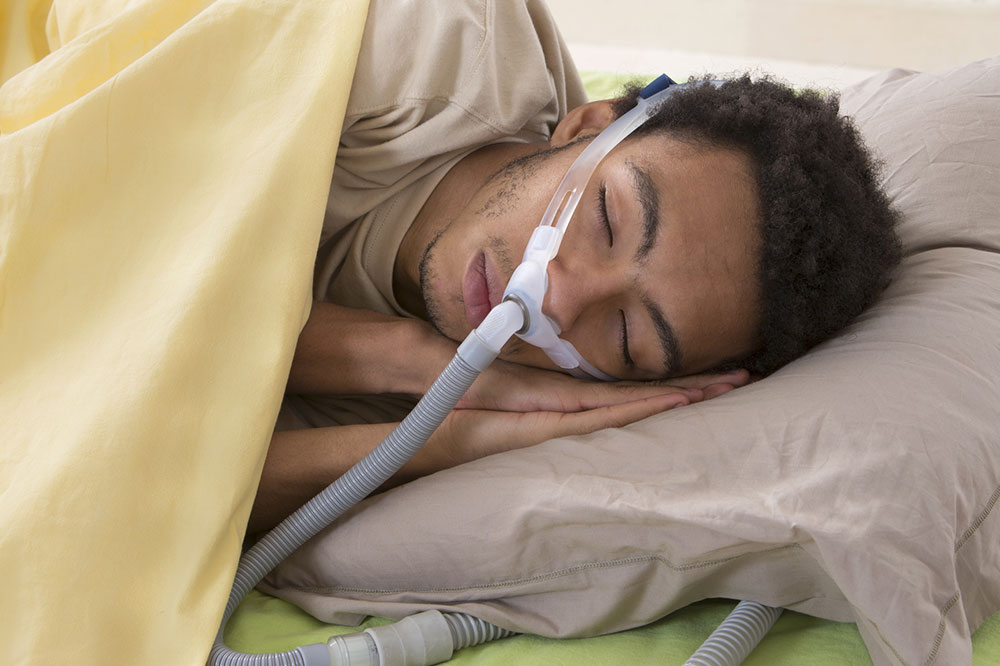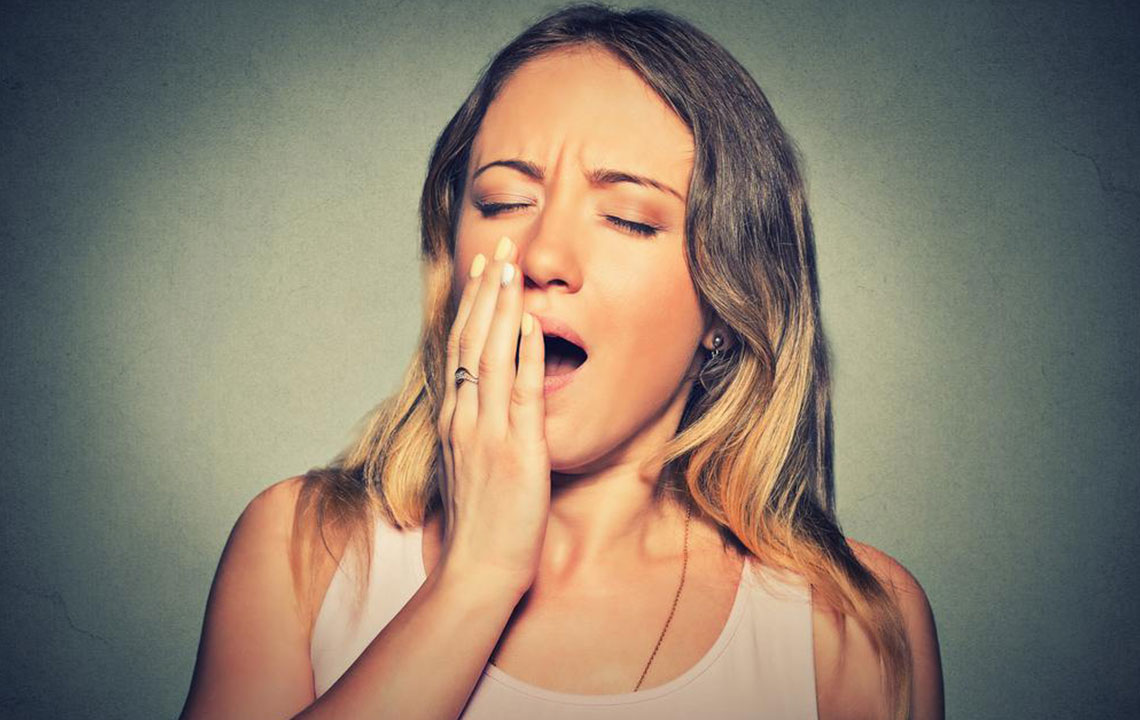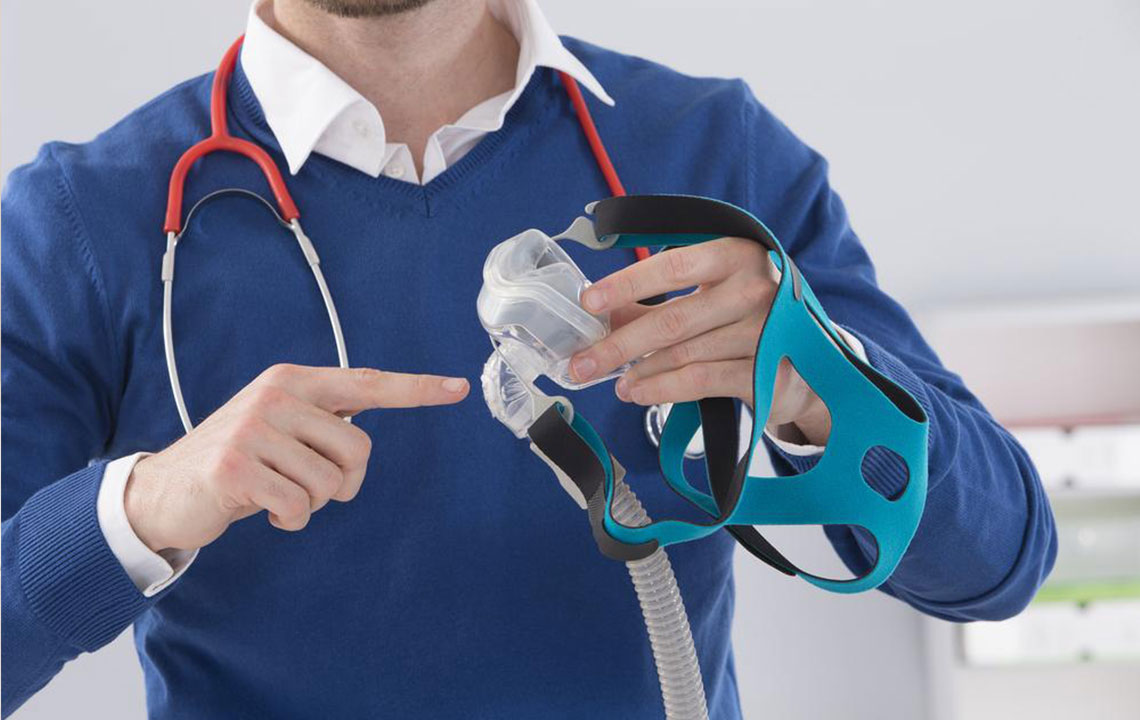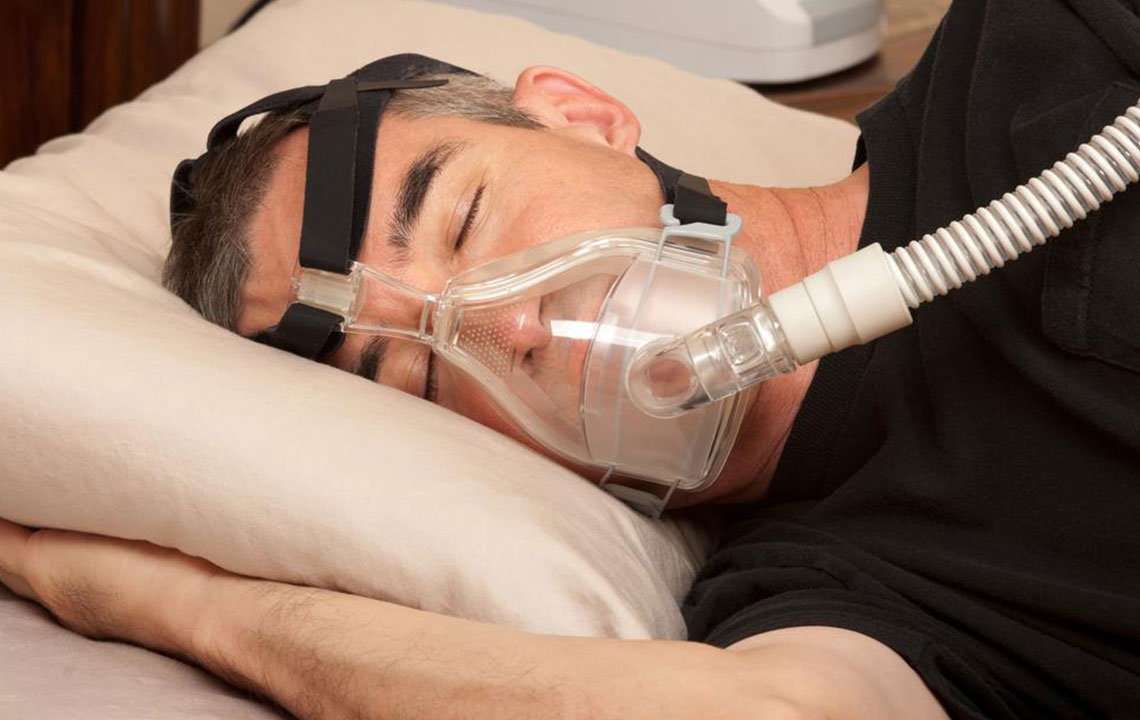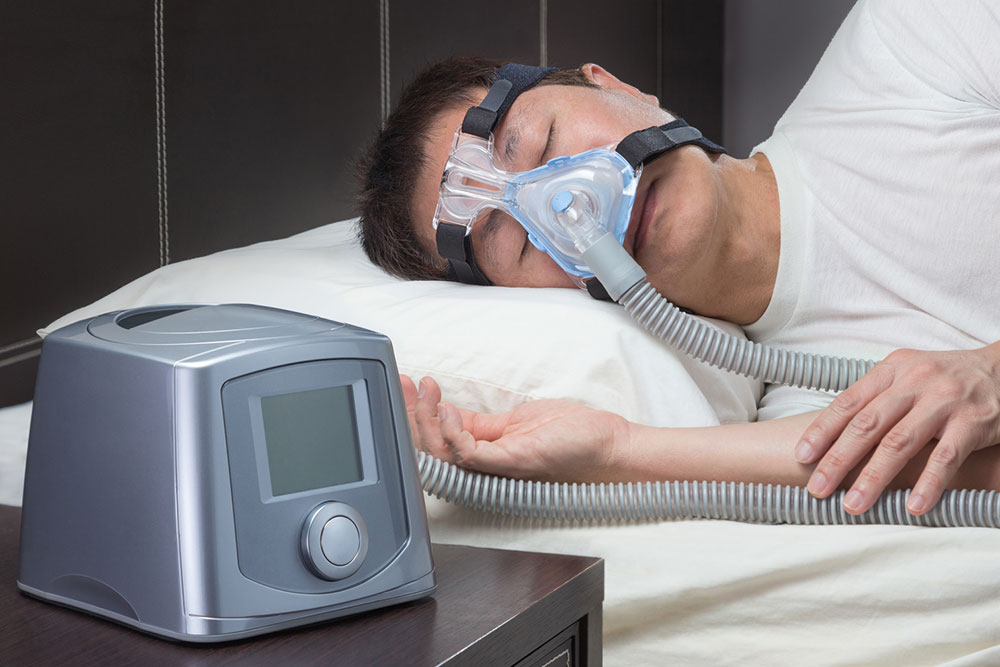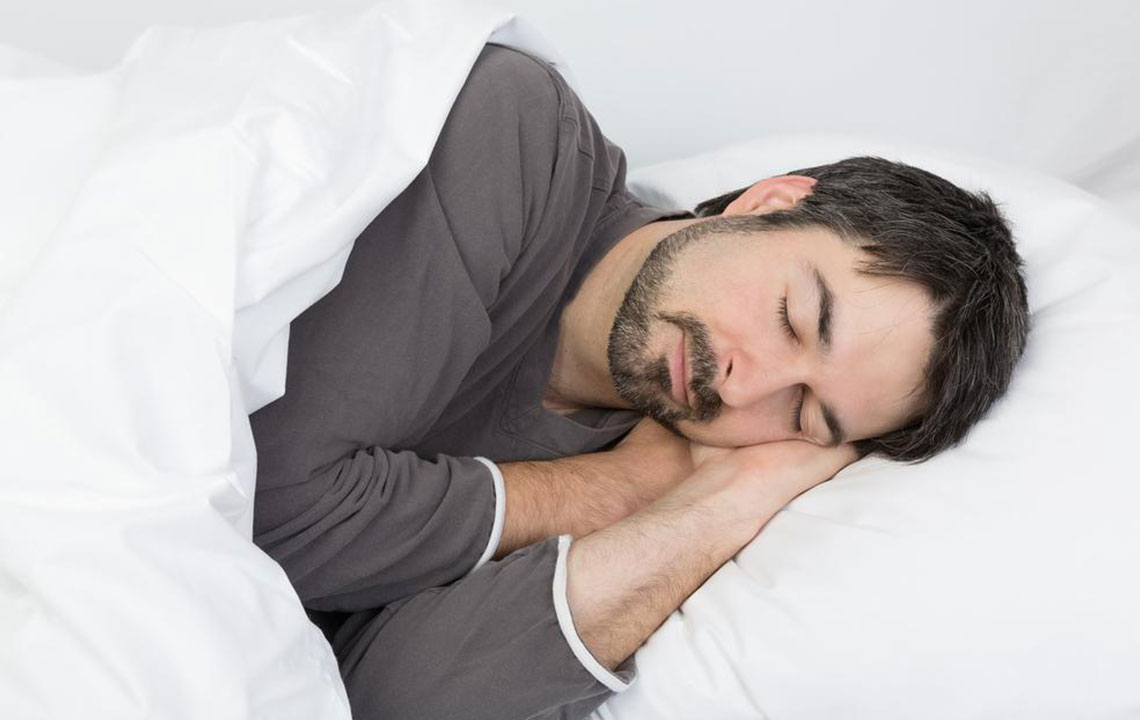Understanding Sleep Apnea: Types, Symptoms, and Treatment Options
Explore comprehensive insights into sleep apnea, including its types, symptoms, causes, and effective treatment options like custom mouth guards. Learn how lifestyle changes and dental devices can improve sleep quality and health outcomes. Valuable for patients and caregivers seeking non-invasive solutions and understanding the condition’s risks.
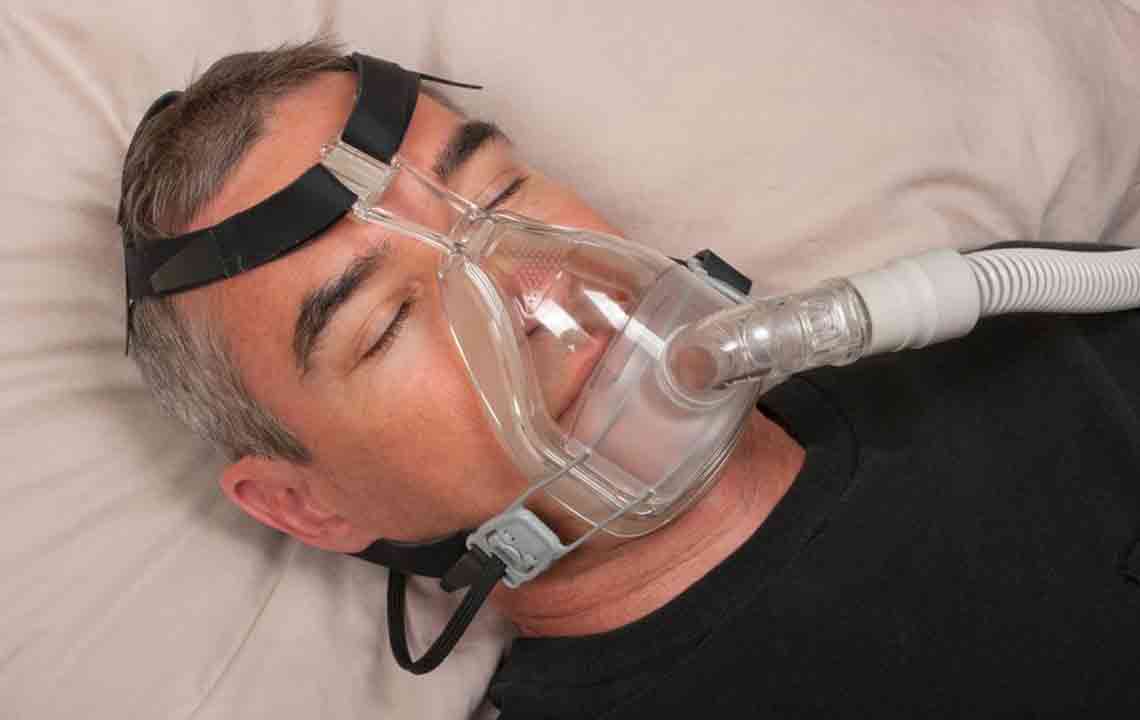
Understanding Sleep Apnea: Types, Symptoms, and Treatment Options
Sleep apnea is a disorder characterized by repeated interruptions in breathing during sleep. These breathing pauses last a few seconds and are followed by sudden inhalations, often resulting in loud snoring. This condition hampers restful sleep for sufferers and can also disturb bed partners. It’s particularly prevalent among children and seniors. Severe cases may lead to serious health issues like heart attacks, strokes, irregular heartbeat, or high blood pressure. Diagnosis typically requires experiencing five breathing pauses or shallow breaths per hour.
Categories of sleep apnea
Sleep apnea manifests in three primary forms:
Obstructive Sleep Apnea (OSA): Airflow gets blocked due to throat tissue obstruction.
Central Sleep Apnea (CSA): The brain fails to send proper signals to breathe because the throat muscles relax excessively.
Mixed Sleep Apnea: A combination of obstructive and central types.
Obstructive sleep apnea is the most prevalent form, especially affecting men.
Signs and symptoms
Common indicators include excessive daytime drowsiness, difficulty focusing, vision issues, and insomnia. Other symptoms involve dry mouth, fatigue, morning headaches, mood changes, and teeth grinding. In extreme cases, breathing disruptions can reduce oxygen levels, risking life-threatening complications. Sleep apnea mouth guards can provide partial relief.
Factors contributing to sleep apnea
Key risks include being overweight, enlarged tonsils or tongue, sinus issues, allergies, a large neck circumference, or a small jaw. Conditions like acid reflux may also play a role.
Treatment approaches
Lifestyle modifications like weight loss, adjusting sleep positions (avoiding sleeping on the back), and abstaining from alcohol or sedatives can help reduce symptoms.
When lifestyle changes are insufficient, medical treatments such as CPAP therapy and dental devices like custom sleep apnea mouth guards are recommended. In severe cases, surgery might be necessary. CPAP involves wearing a mask connected to a machine that delivers continuous airflow to keep airways open, but some find it disruptive. Dental devices, especially custom-fit mouth guards, are effective alternatives.
Dental mouth guards are specially designed by dentists to support the lower jaw and keep airways open by moving the jaw forward. These guards are safe, easy to wear overnight, and can be adjusted for comfort. They also help prevent teeth grinding and are suitable for individuals without certain dental issues.
Compared to nasal strips or sleep position pillows, mouth guards offer better relief, leading to refreshed mornings and alleviating mouth pain caused by teeth grinding.

